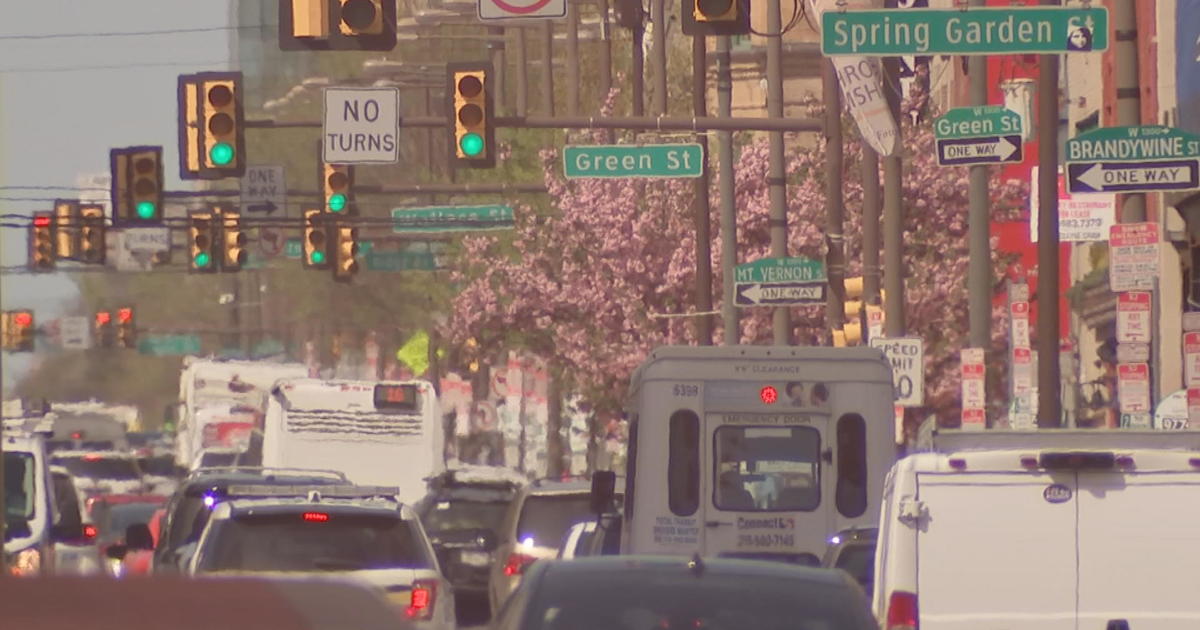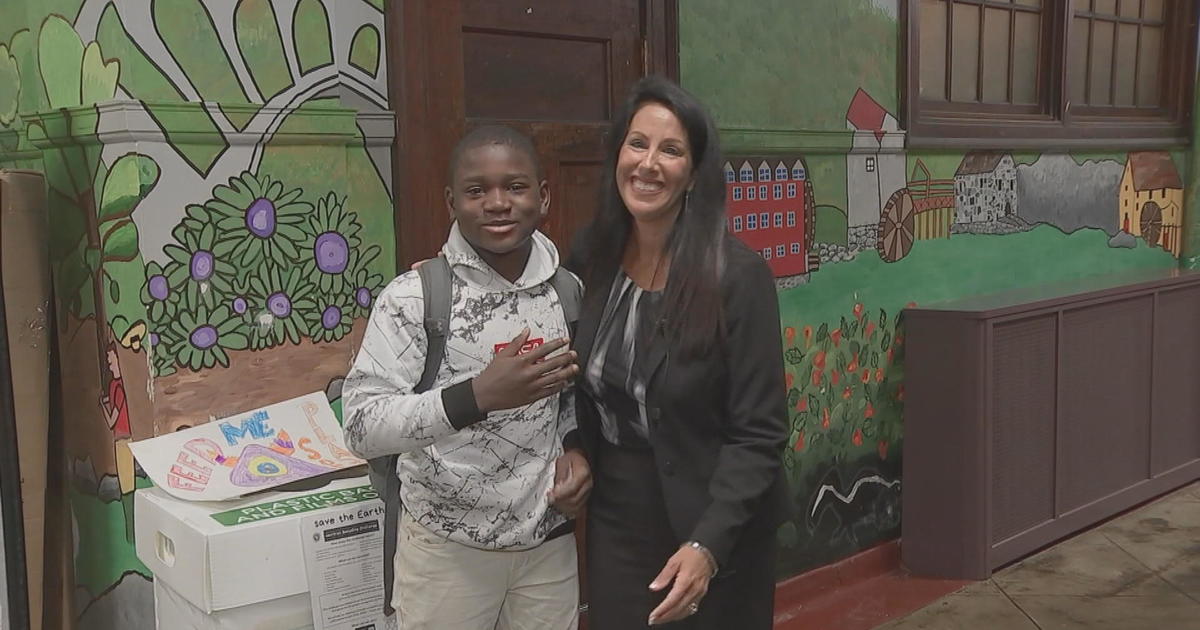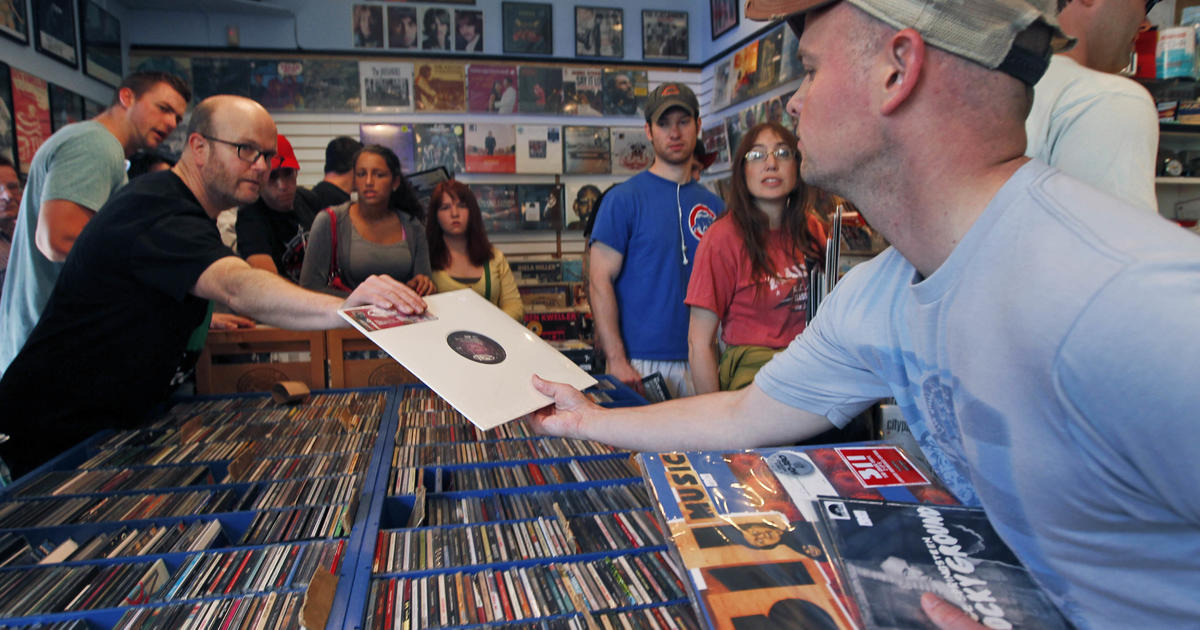Villanova U. Professor's Research Into Familiar Songbirds Yields Surprising Results
By Molly Daly
PHILADELPHIA (CBS) -- According to a recently published study of two species of familiar backyard birds, the area where they overlap and interbreed is moving north, which researchers say demonstrates the effects of climate change.
The field work was led by a Villanova University biology professor.
Robert Curry says he and his students started studying Chickdees in the Berks, Chester, and Montgomery counties in 1998 as a local research project.
"We knew that the Black-capped Chickadees and Carolina Chickadees came together in this region, so we were studying their breeding biology and their hybridization between the two species. I didn't really set out to ask questions about climate change."
But research over the years showed that things were changing, with the hybridization zone moving north seven miles in the past decade, the Carolinas moving into what had been Black-capped territory.
Curry says although birds are moving quickly, the plants and insects they depend on may not keep up with them as the climate continues to warm.
"Their food may not be following along at the same pace. That's a very hard thing to study, but there are a number of research projects around the world showing that those kind of mismatches are becoming more and more common, because climate change doesn't affect everything equally across the board."
Curry says the chickadee study is one piece of a larger puzzle, and a picture is emerging -- that climate change is having a ripple effect on other species.
"We can see other patterns of change as well. They're going on all around us – there is just all sorts of things changing year by year."
The study appears in the journal Current Biology.



